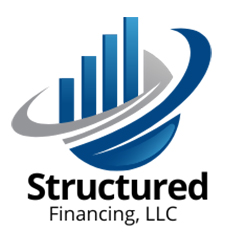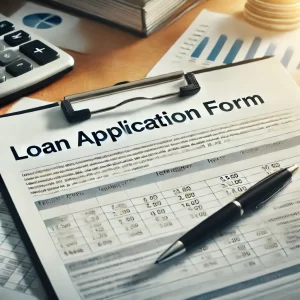Securing a rental property loan can be a crucial step for investors looking to grow their real estate portfolios. With the right financing, you can leverage your investments and maximize your returns. However, navigating the loan process can be challenging. Here are some effective strategies to help you secure the rental property financing you need.
Understanding different loan options is essential before you start the application process. Traditional mortgages, portfolio loans, and hard money loans all have different requirements, terms, and interest rates. Familiarizing yourself with these options will help you identify which type of loan aligns with your investment strategy and financial goals.
Improving your credit score is another key factor that lenders consider when evaluating your loan application. A higher credit score can lead to better interest rates and loan terms. To enhance your credit score, pay down outstanding debts, make payments on time, and avoid opening new credit accounts before applying for your loan. Checking your credit report for errors and disputing any inaccuracies can also boost your score.
Preparing comprehensive financial documentation is crucial, as lenders will require various documents to assess your application. This typically includes personal financial statements, tax returns, bank statements, and details of your rental property, such as income and expenses. Having this documentation organized and ready will streamline the application process and demonstrate your preparedness to lenders.
Building a strong investment plan can significantly enhance your credibility as a borrower. Outline your strategy for acquiring and managing the rental property, including projected income, expenses, and potential return on investment. This plan will not only help you make informed decisions but also reassure lenders of your commitment and ability to succeed in real estate investing.
Offering a larger down payment can improve your chances of securing a rental property loan. A significant down payment reduces the lender’s risk and may result in more favorable loan terms. If possible, aim for a down payment of at least 20% to demonstrate your financial stability and commitment to the investment.
Partnering with a knowledgeable mortgage broker can provide valuable insights and streamline the loan process. Brokers have access to multiple lenders and can help you find the best financing options based on your unique needs. They can also assist you in preparing your application and negotiating terms, making the process more efficient.
Exploring government-backed loan programs designed for real estate investors is another avenue worth considering. Options such as FHA loans or VA loans may offer favorable terms and lower down payment requirements. Research the eligibility criteria for these programs to determine if you qualify.
Finally, be prepared for a lengthy process, as the rental property loan application process can take time, often several weeks or even months. Patience and organization throughout the process are essential. Maintain communication with your lender and be ready to provide any additional information they may request to expedite your application.
By implementing these strategies, you can enhance your chances of securing a rental property loan that aligns with your investment objectives. The right financing will empower you to expand your real estate portfolio and achieve your financial goals.


